South Africa
Women & Land Activist
Long ago, the Mpondo people who resided along the Eastern Cape of South Africa had special knowledge that guided them on how to care for the land that sustained them.
One day, a “conqueror” came to the land and saw that he could become rich from the mineral wealth beneath it. The Mpondo people resisted. They understood the economic benefits of mining, but the long-term consequences were far more devastating. Over the years, many Mpondo people rose as warriors to defend their land. One of them was a young woman born in the year 2000. Her name was Lizeka Ntsikeni.
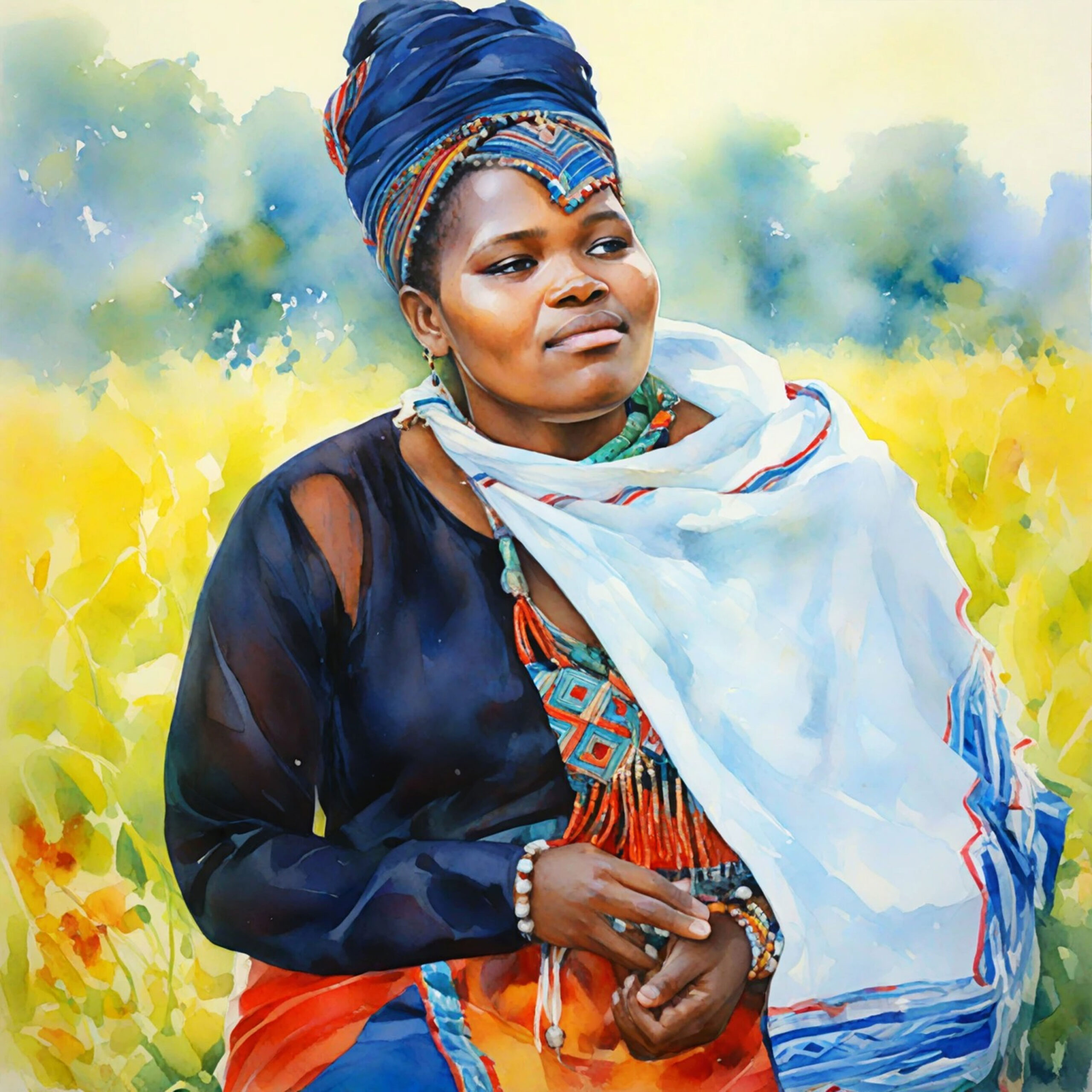
Lizeka was nurtured by the rich and unique biodiversity of her homeland, and therefore, she understood the value it offered. While she was in primary school, some conservationists who were planting Indigenous trees visited. Students who were interested in joining their cause were free to do so. Lizeka was among the first to volunteer, and she loved the experience.
Years later, the South African National Biodiversity Institute came to Lizeka’s village searching for young people interested in becoming research assistants. Lizeka applied and got the job. Her role was to interview elders about Indigenous knowledge and botanizing. In this role, Lizeka discovered her true calling.
The elders’ stories and wisdom blew her away. Lizeka was especially intrigued by the struggle for environmental justice because mining activities still threatened her homeland. She joined the resistance.
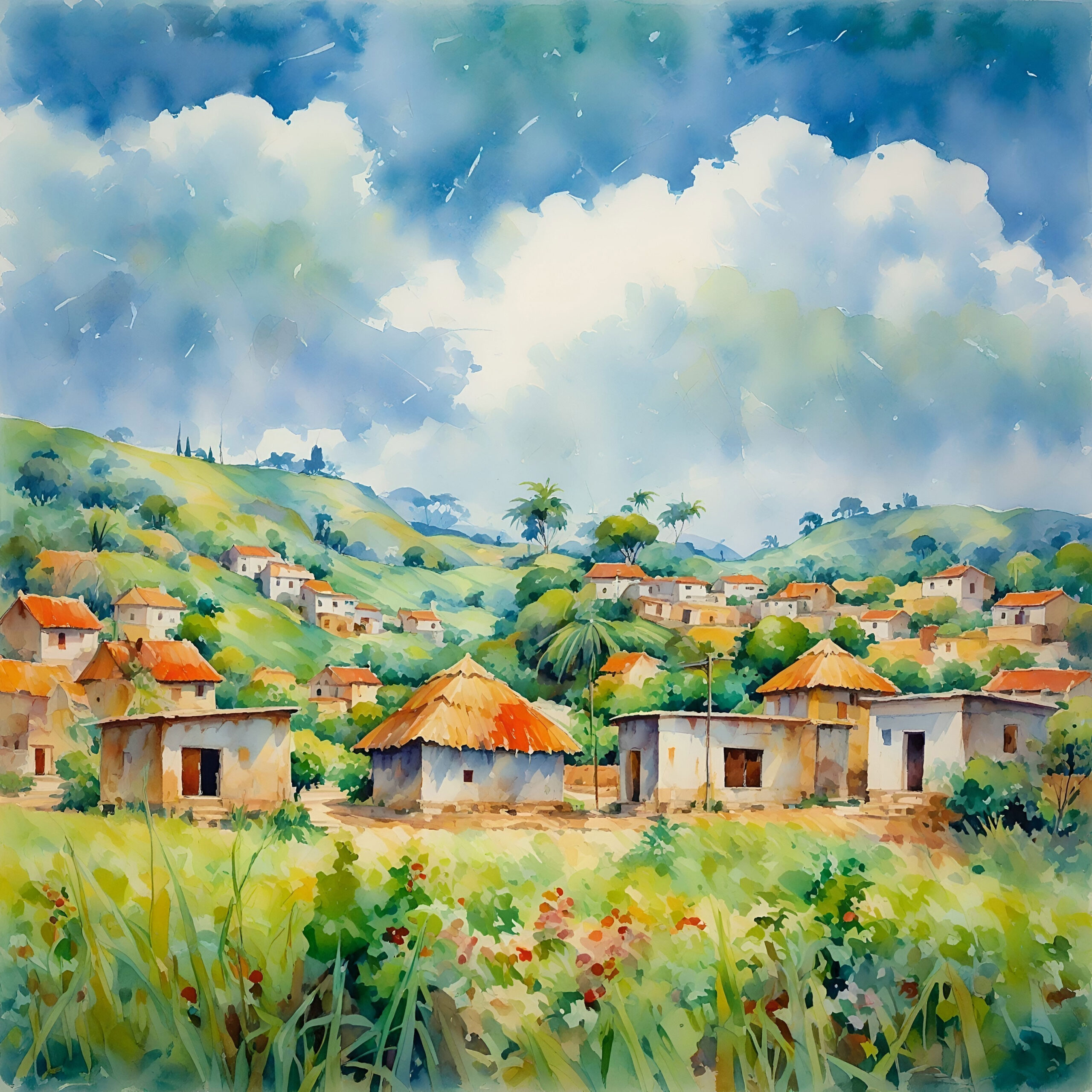
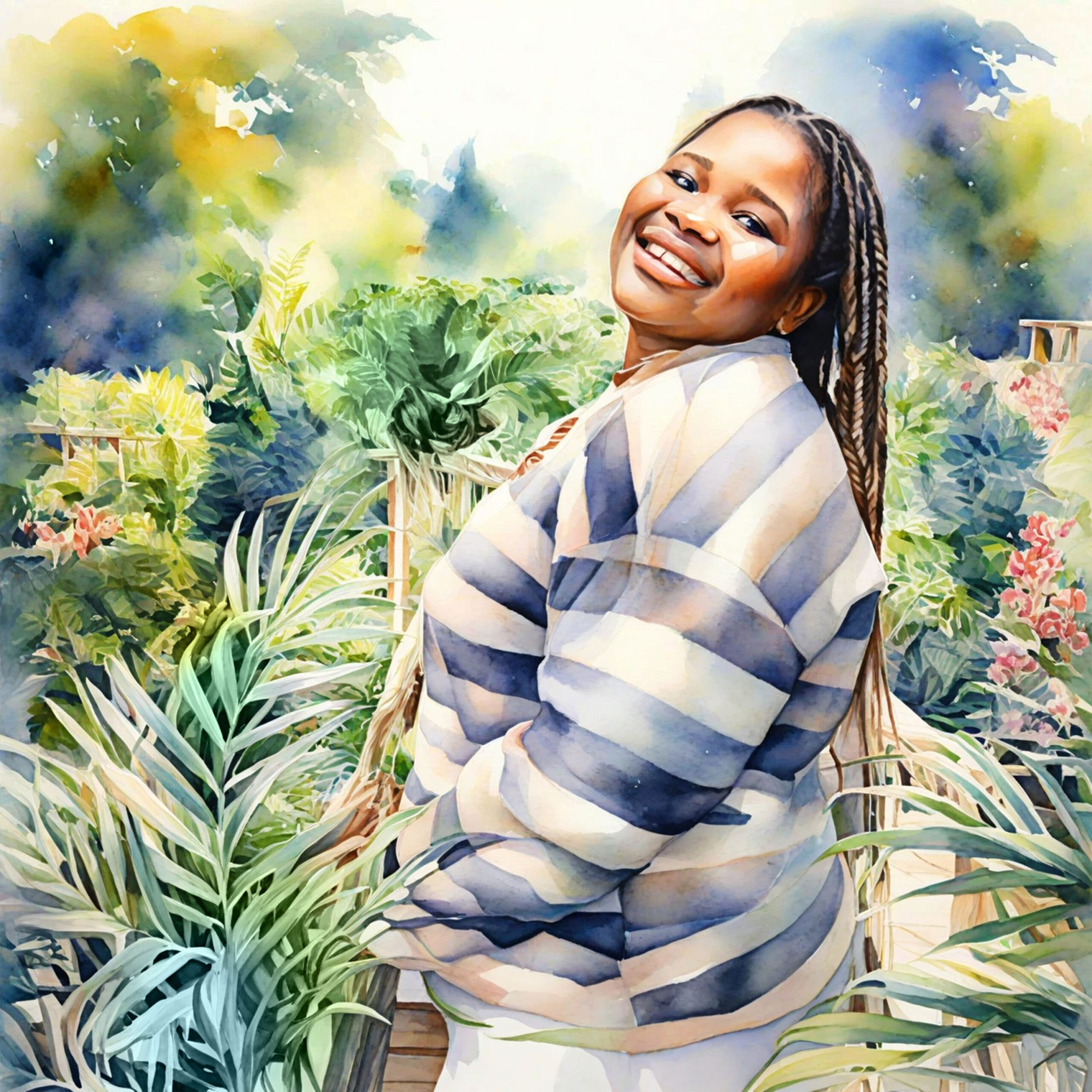
When the COVID-19 pandemic struck, Lizeka’s research contract ended. During this period, she saw how women faced enormous challenges brought on by climate change. From struggling to grow food for their families to walking long distances to fetch water, women were the ones who kept families going during hard times. And yet, they didn’t feel confident enough to speak up for what mattered. But Lizeka, along with two other women, Bongeka Ntola and Andisiwe Nzama, were fearless. They co-founded Imbo of Mpondo Women: The Journey of Mpondo Women. This was an organization for women to reconnect with their roots and identity while adapting to current times.
At the macro level, they focused on protecting their rich biodiversity and helping women reclaim their voices. At the micro level, they worked to ensure clean water was easily accessible to families, documented local biodiversity, preserved Indigenous plants, held beach cleanups, helped women gain access to energy-efficient cooking bags, promoted the beautiful attractions of their land to tourists, and helped farmers adopt sustainable practices.
They also organized food festivals to celebrate their culture and heritage. These festivals featured indigenous dishes, discussions about their identity, and showcased modern cooking methods for highly nutritious traditional foods. The goal was to make Indigenous food appealing to younger generations.
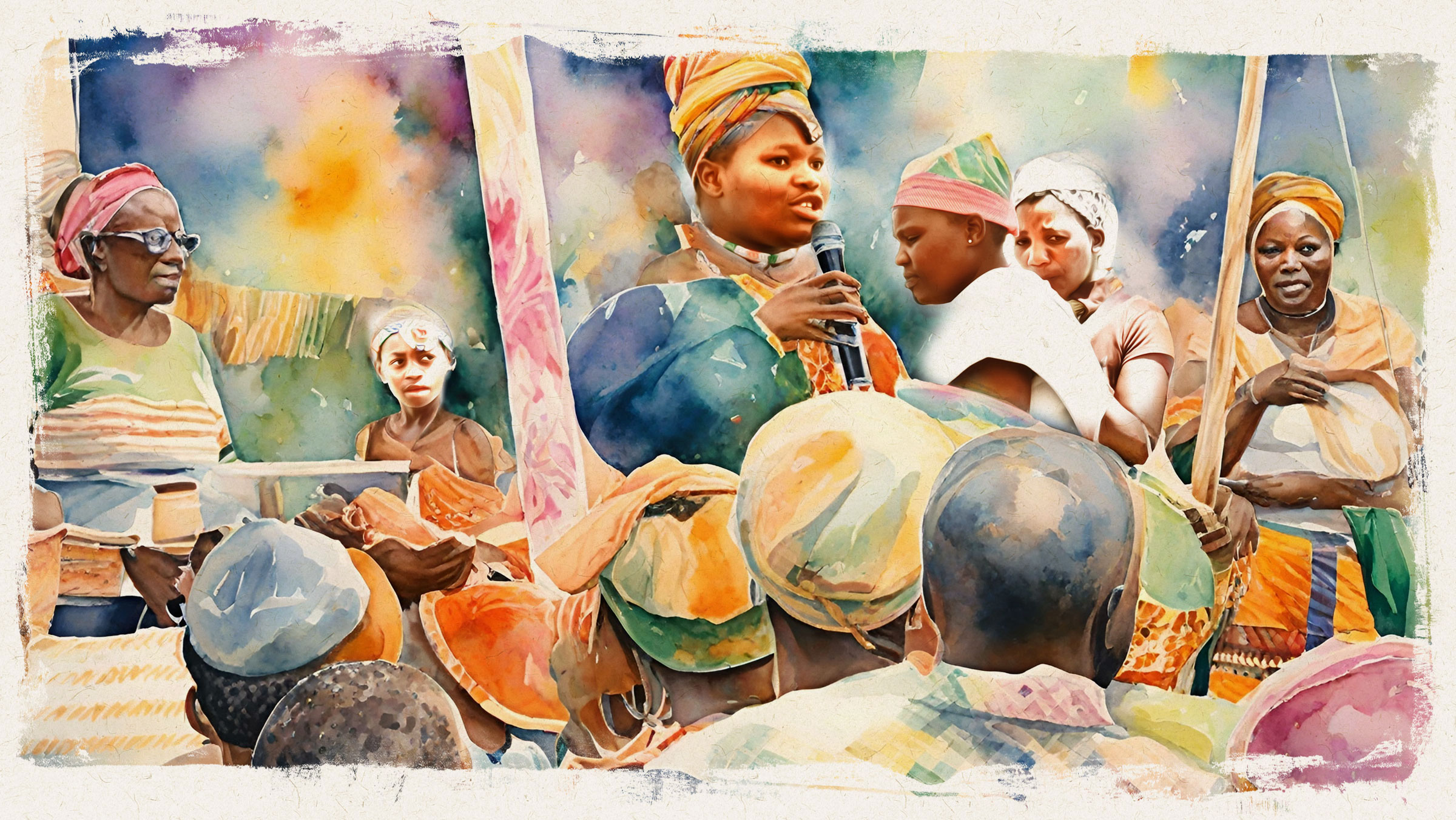
Their impact was felt in many ways. Women’s voices began to be heard and respected. Elders expressed happiness and pride in seeing their traditions valued and continued. And young people demonstrated a growing interest in environmental and cultural preservation.
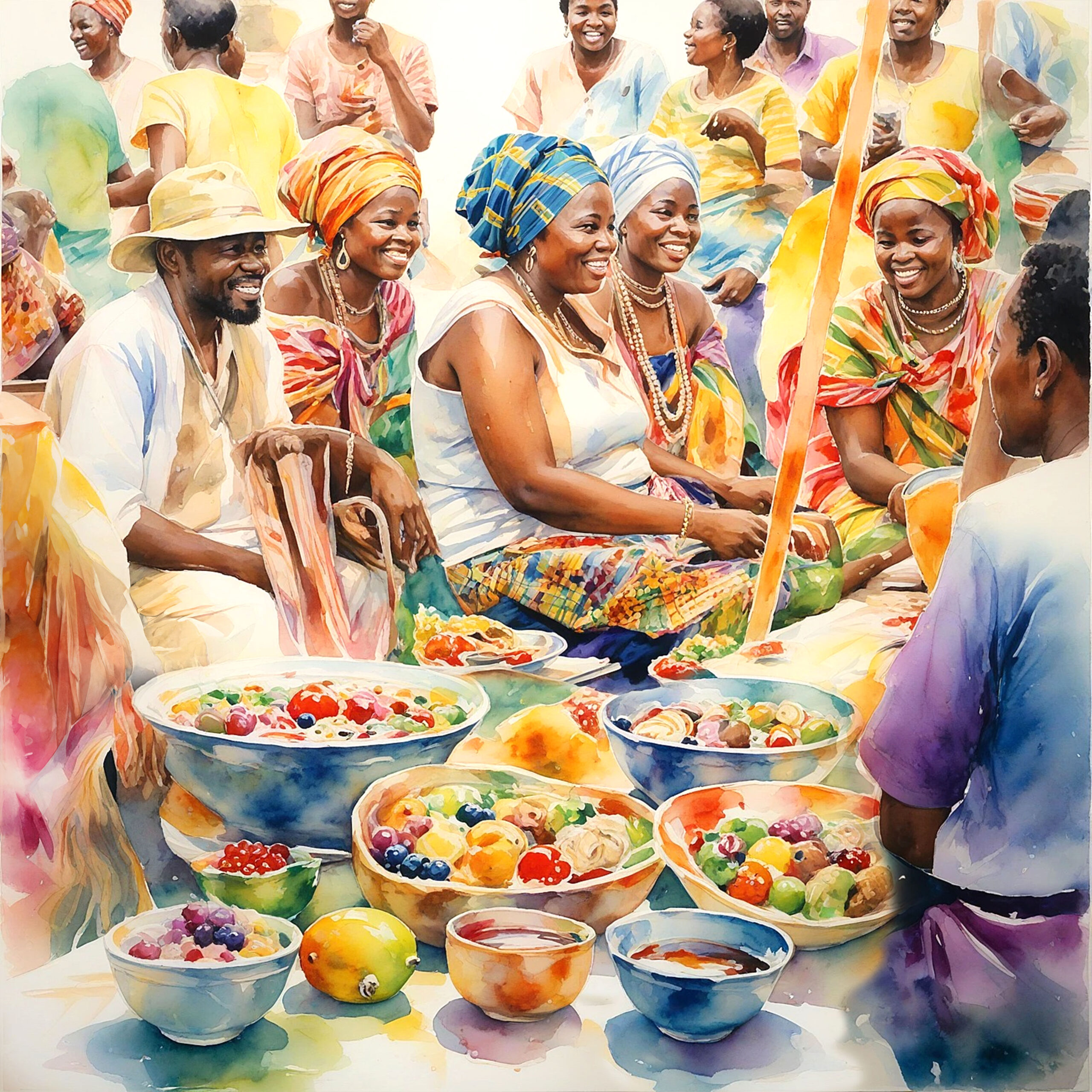
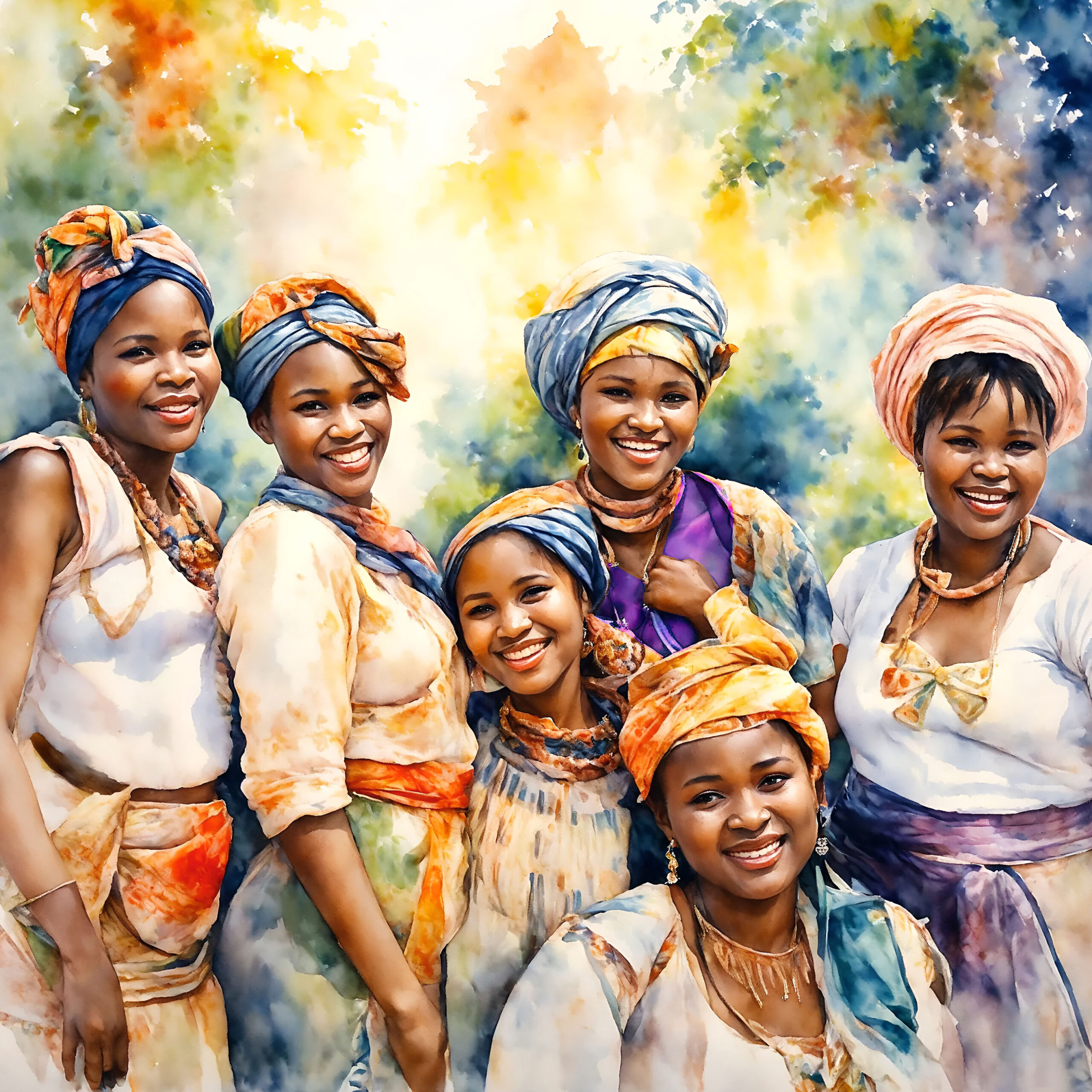
Alongside her colleagues at Imbo, Lizeka continues to take initiatives that honor her heritage while addressing contemporary environmental challenges that threaten the future of her land.

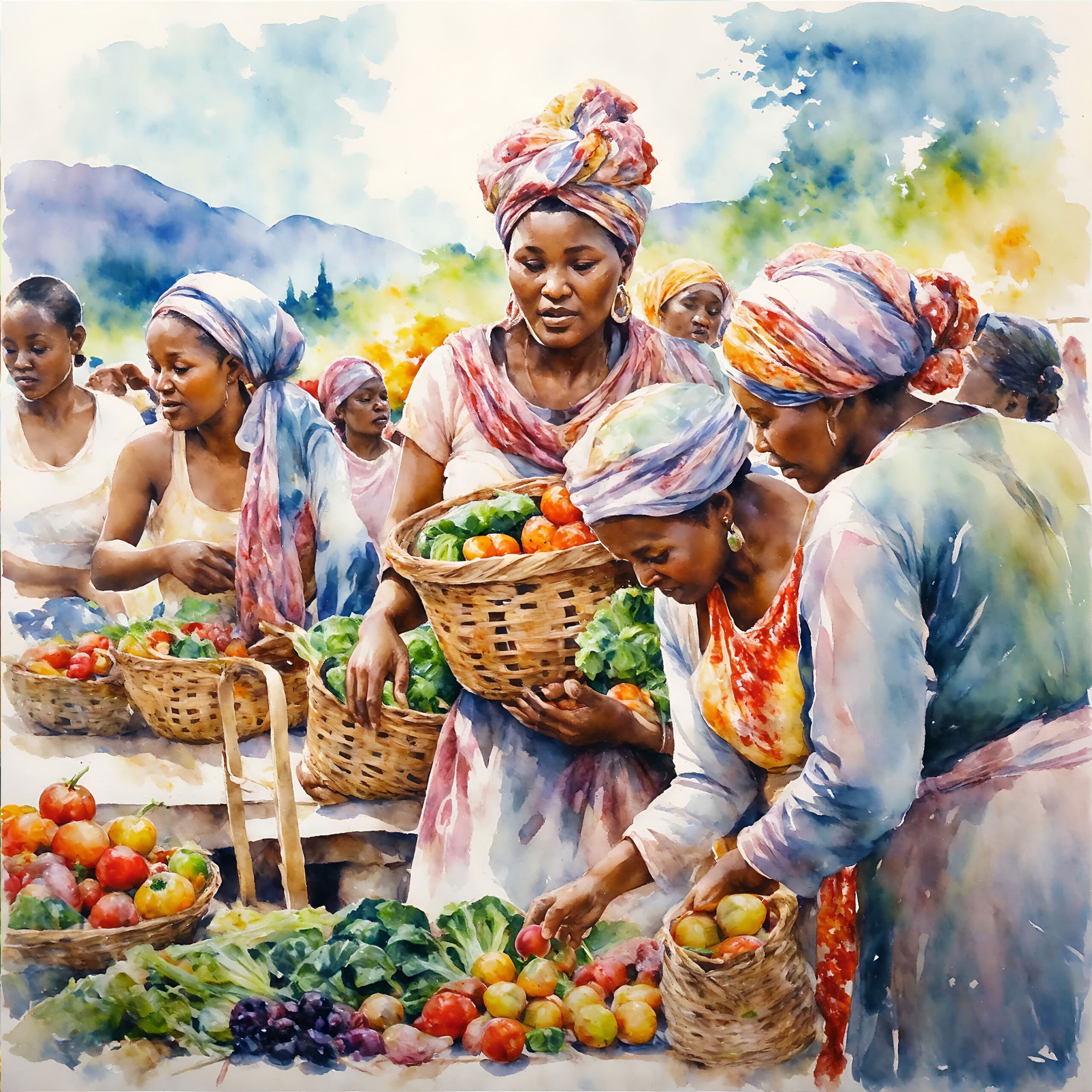
In capitalist systems, the drive for profit often leads to extraction practices, where resources such as minerals, oil, and timber are exploited at high rates without considering the long-term environmental impacts. This approach frequently disregards Indigenous wisdom, which has upheld sustainable practices that preserved environments for generations. Consequently, we witness habitat destruction, disruption of ecosystems and diminishing biodiversity.
Integrating traditional knowledge, contemporary science and activism can help address the pressing challenges of climate change, biodiversity loss, and unsustainable resource extraction.
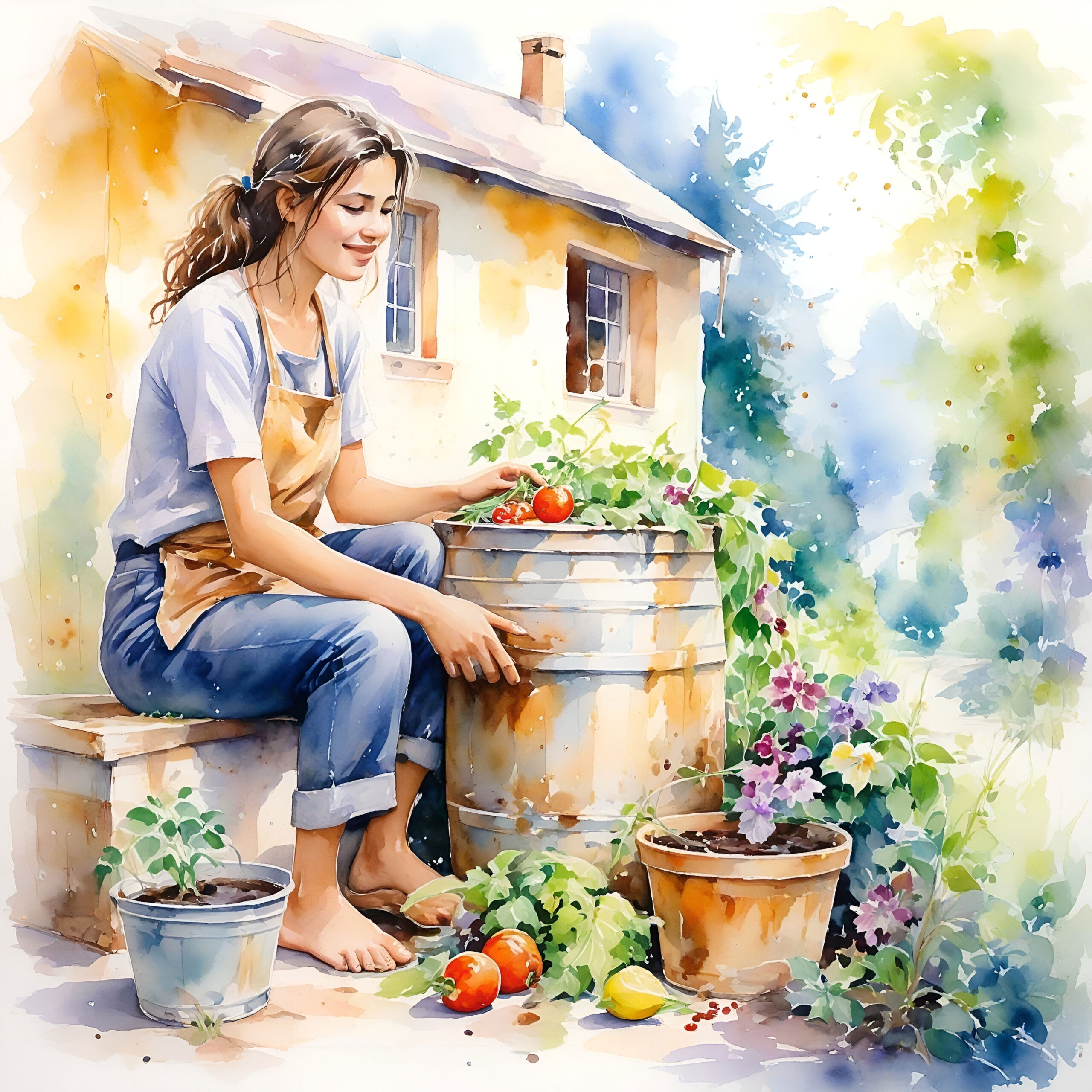

Consider these tips:
Personal
Lizeka’s story highlights how losing touch with traditional knowledge has impacted our planet. What if we started bringing some of that wisdom back into our everyday lives? Just because we live in a modern world doesn’t mean we should forget what worked in the past. Here are a few ways to blend tradition with modern life:
- Composting: Many cultures have been composting to keep their soil happy and healthy. Start a compost bin at home and turn your kitchen scraps and yard waste into garden gold!
- Rainwater Harvesting: Why not adapt traditional rainwater collection techniques? Set up a rain barrel to catch water from your roof for gardening and other uses.
- Food Preservation: Embrace age-old methods like drying, fermenting, and canning to keep your food fresh for longer.
- Plant or buy indigenous food crops, which are generally more climate-resilient and nutritious.
Mixing these timeless practices with our modern routines can make a big difference and help us stay connected to our roots while taking care of the planet.
Community
Why not create a community garden that honors Indigenous knowledge? You can start by researching Traditional Ecological Knowledge (TEK) specific to your area, focusing on native plants that are culturally significant and well-suited to your environment. Elders and knowledge keepers can also guide you on everything from plant selection to traditional practices.
When designing the garden, use principles like permaculture and traditional water management techniques, which align well with Indigenous methods.
Celebrate your harvest with cultural events to bring everyone together. And remember to document what you learn so future generations can benefit from your newly acquired knowledge!
Share Your Ideas
Share your ideas:
We would love to hear from you! What are some of the ways in which you have incorporated traditional ways of living into your modern life? Please send them to engage@daughtersforearth.org. You can support all Daughters by visiting our website and becoming part of the solution here.

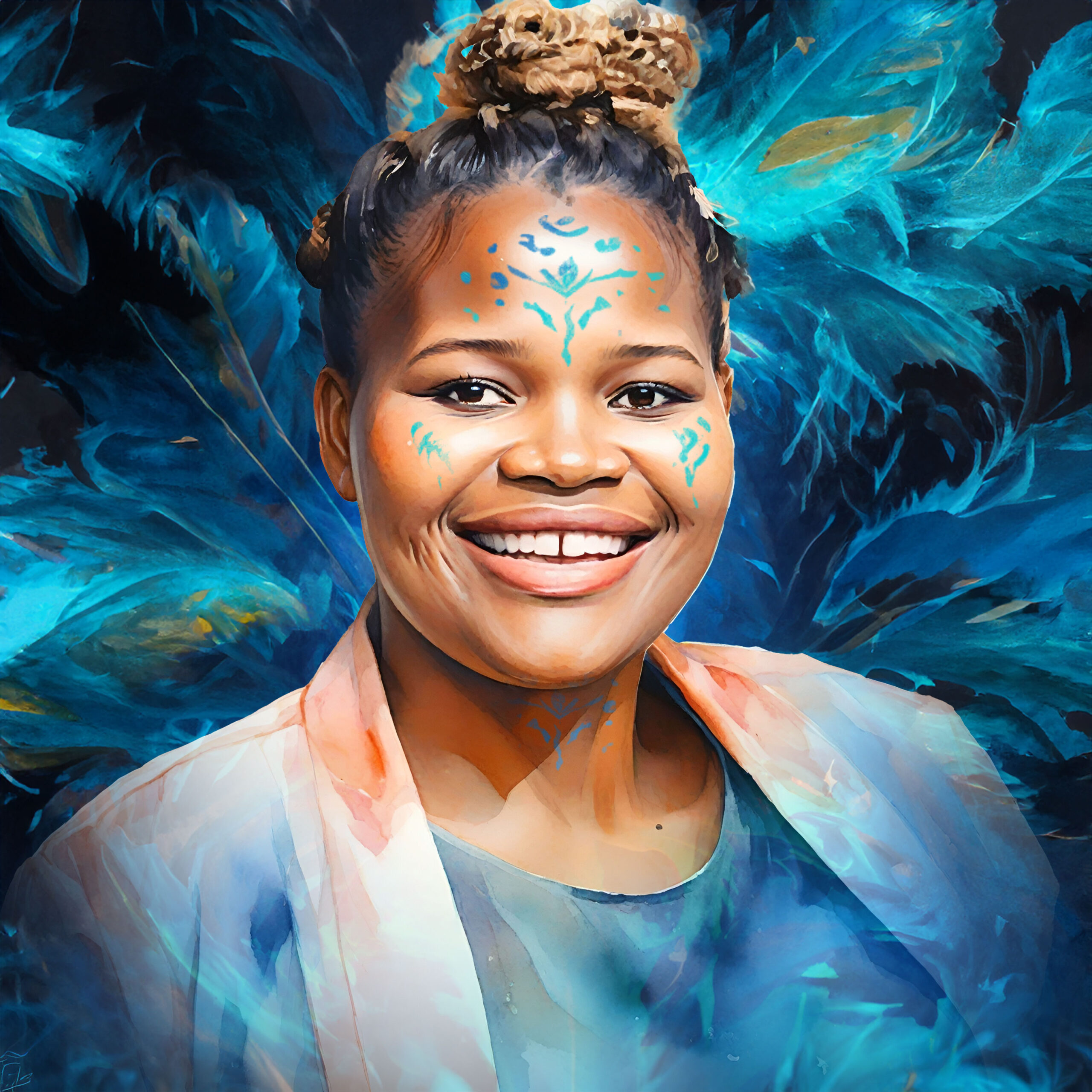

 Donate
Donate
